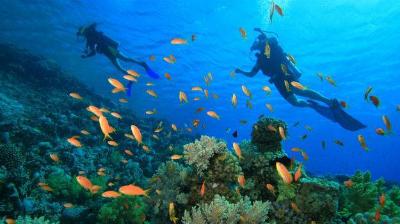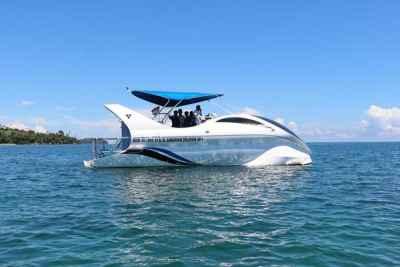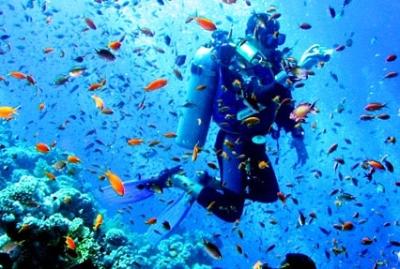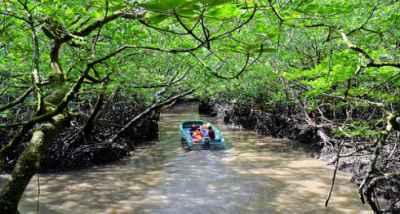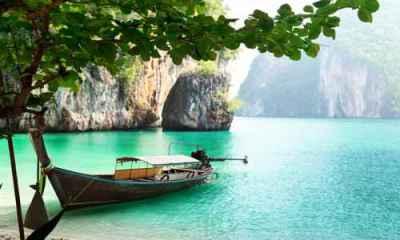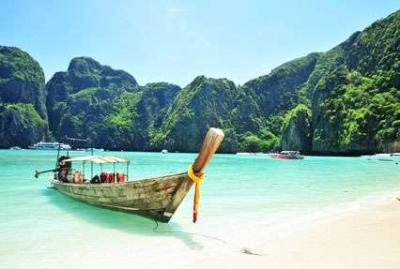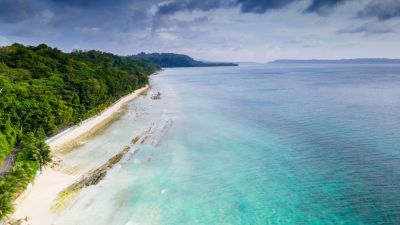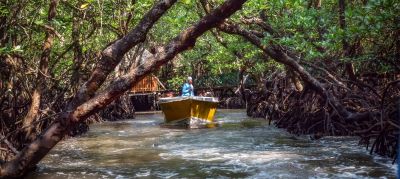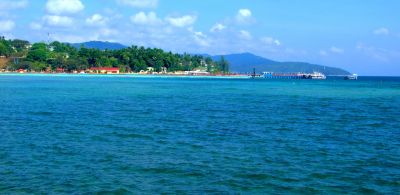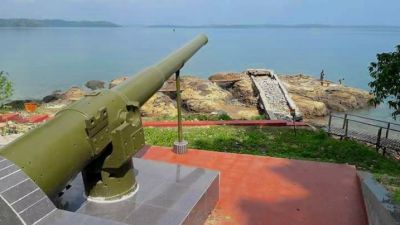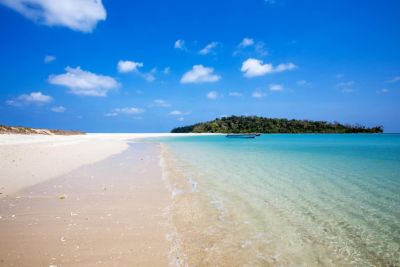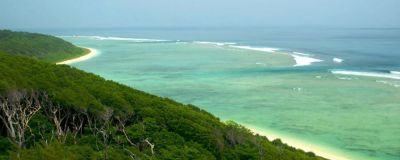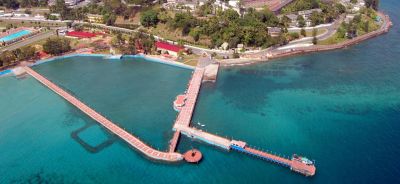Conservation Efforts in Andaman: Eco-tours and Initiatives
The Andaman and Nicobar Islands are a treasure trove of natural beauty, with lush forests, pristine beaches, and diverse marine life. As tourists flock to this tropical paradise, there is a growing concern about the impact of human activities on the delicate ecosystem of the islands. But fear not, because there are numerous conservation efforts in Andaman that are working tirelessly to preserve the unique environment and promote sustainable tourism.
Eco-Tourism in Andaman
Eco-tourism is gaining popularity in Andaman as a way to promote responsible travel and protect the natural resources of the islands. Many tour operators now offer eco-friendly tours that allow visitors to explore the beauty of the islands while minimizing their ecological footprint.
One of the main features of eco-tourism in Andaman is the emphasis on low-impact activities. Instead of motorized vehicles, tourists are encouraged to explore the islands on bicycles or by foot. This not only reduces carbon emissions but also allows visitors to immerse themselves in the natural surroundings and appreciate the beauty of the islands at a slower pace.
Another important aspect of eco-tourism in Andaman is the promotion of local communities. Many tour operators collaborate with indigenous tribes, such as the Jarawas and the Sentinelese, to ensure that their way of life is respected and preserved. Visitors can engage in cultural exchanges, learn about traditional customs, and support local businesses by purchasing handmade crafts and products.
Marine Conservation Initiatives
The Andaman and Nicobar Islands are home to some of the most diverse marine ecosystems in the world, including vibrant coral reefs and endangered species like sea turtles and dugongs. To protect these delicate habitats, several marine conservation initiatives have been implemented in Andaman.
One such initiative is the establishment of marine protected areas. These designated zones restrict fishing and other destructive activities to preserve the biodiversity of the region. Visitors can now participate in guided snorkeling and diving tours within these protected areas, allowing them to witness the incredible underwater world while contributing to its conservation.
In addition to protected areas, there are several organizations in Andaman that focus on coral reef restoration. These organizations conduct research, monitor the health of the reefs, and actively engage in restoring damaged coral communities. Tourists can join these initiatives and participate in coral planting activities, helping to rebuild this vital habitat for marine life.
Efforts Towards Waste Management
With the increase in tourist numbers, waste management has become a pressing issue in Andaman. To tackle this challenge, several initiatives have been implemented to ensure proper waste disposal and reduce pollution.
One such initiative is the promotion of eco-friendly practices in hotels and resorts. Many accommodations in Andaman have adopted sustainable measures like rainwater harvesting, solar power, and waste segregation. They also encourage guests to minimize plastic usage and provide recycling facilities on their premises.
Furthermore, local communities have taken initiatives to organize regular beach clean-ups. These events not only remove litter from the beaches but also raise awareness among tourists and locals about the importance of keeping the islands clean.
The Importance of Responsible Tourism
While conservation efforts in Andaman are crucial for the preservation of the islands' natural beauty, responsible tourism also plays a significant role. As a visitor, there are several ways in which you can contribute to the conservation of Andaman:
- Choose eco-friendly tour operators that adhere to sustainable practices.
- Opt for activities that have a minimal impact on the environment, such as snorkeling instead of motorized water sports.
- Respect the natural surroundings and wildlife by not littering or disturbing the ecosystem.
- Support local communities by purchasing locally made products and engaging in cultural exchanges.
- Spread awareness about the importance of conservation to others and encourage responsible travel.
By following these simple guidelines, you can ensure that your visit to Andaman contributes to the preservation of its unique environment and supports the local communities.
Conclusion
The conservation efforts in Andaman are commendable, as they strive to protect the natural beauty and biodiversity of the islands. Through eco-tourism, marine conservation initiatives, and waste management programs, the Andaman and Nicobar Islands are working towards promoting sustainable tourism and preserving their fragile ecosystems for future generations to enjoy. As travelers, it is our responsibility to support these initiatives and explore this tropical paradise in a responsible and eco-friendly manner.
So pack your bags, embark on an unforgettable journey to Andaman, and be a part of the conservation efforts that are shaping the future of this stunning destination!
Don't forget to share this blog post with your friends and family, and inspire them to join the conservation movement in Andaman!
Disclaimer : The information provided in this blog is for general informational purposes only. While we strive to keep the content accurate and updated, TravelSetu assumes no liability for errors or omissions. If you believe any part of this blog infringes your rights or causes concern, please notify us immediately at info[at]travelsetu[dot]com so that appropriate action can be taken.

